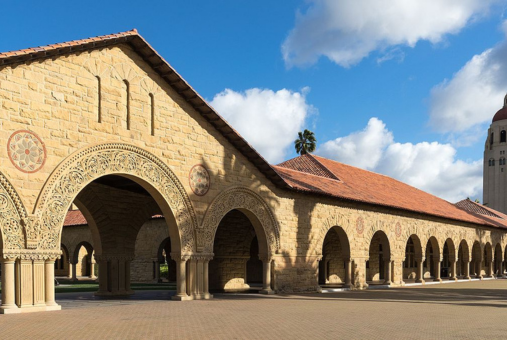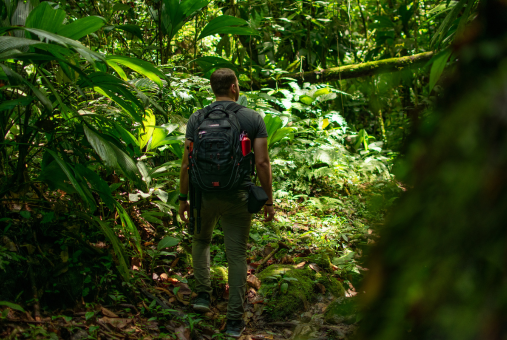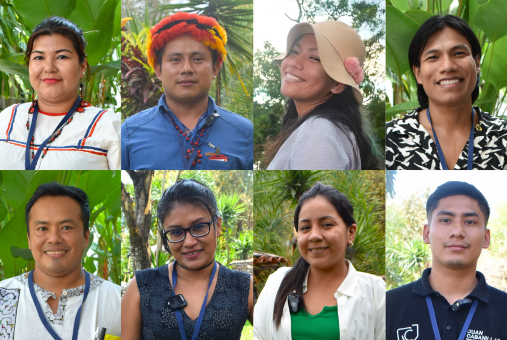
The annual LatAm Journalism Review roundup highlights opportunities for early-career and seasoned professionals to enhance skills, expand networks and pursue new projects.

On the occasion of World Press Freedom Day, which marks the theme “Journalism in the face of the climate crisis” this year, LJR presents a compilation of open opportunities for Latin American journalists covering environmental issues. They include everything from reporting grants to mentorship to awards of different levels.

Due to the lack of visibility of public health problems of Indigenous communities of Peru, digital media outlet Salud con Lupa created a training and scholarship program for journalism in the Peruvian Amazon. It also developed a network of Indigenous health communicators in the region.
In May, a new cycle of the Climate Tracker Climate Journalism Mentoring Program began. It seeks to bring together journalists from Latin America and the Caribbean to produce climate stories, with a special focus on just energy transition. LatAm Journalism Review (LJR) spoke with editors and alumni of the program to learn more about the initiative.

To mark the end of 2020, the LatAm Journalism Review (LJR) team put together a list of the most interesting and important stories we’ve covered this year.

Offering reporting scholarships, through open and public calls, is a way for journalistic outlets to diversify their stories, and a democratic opportunity for freelance journalists.

Thiago Medaglia, a Brazilian journalist who reports on the environment and science, is among the ten professionals chosen to participate in the Knight Science Journalism fellowships at the Massachusetts Institute of Technology (MIT) in the United States.

More than 400 journalists have received financial help to attend graduate school from the Inter American Press Association’s (IAPA’s) Scholarship Fund since 1954.
Latin Americans are among the ranks of journalists selected to spend the upcoming academic year at distinguished U.S. universities to study and develop special projects.
Scripts that compile data on political candidates' assets, send e-mails alerting you about schedules for women's soccer games or minimize the risks of password theft and other sensitive information. Robots that Tweet the votes of senators on legislative proposals or that follow bills on women's rights in the House. These were some of the final projects developed by journalists who started programming after the Portuguese MOOC "Introduction to Programming: Python for Journalists," offered by the Knight Center with the support of Google News Lab.
Looking for some time away from the newsroom to pursue a special project? Want additional training on the newest digital tools to improve your reporting? Weeks- or months-long fellowships at U.S. universities or organizations can provide the time, money and resources you need.
The “barrage” of censorship and pressure to which Mexican journalists have been exposed in recent years reminds reporter Alexandra Xanic of the 1990s. The dependence of the media on official advertising, reductions in newsrooms and the search by media outlets to “fill spaces,” mean that investigative journalism is increasingly forgotten, and the little that is done fails to have the impact it should.